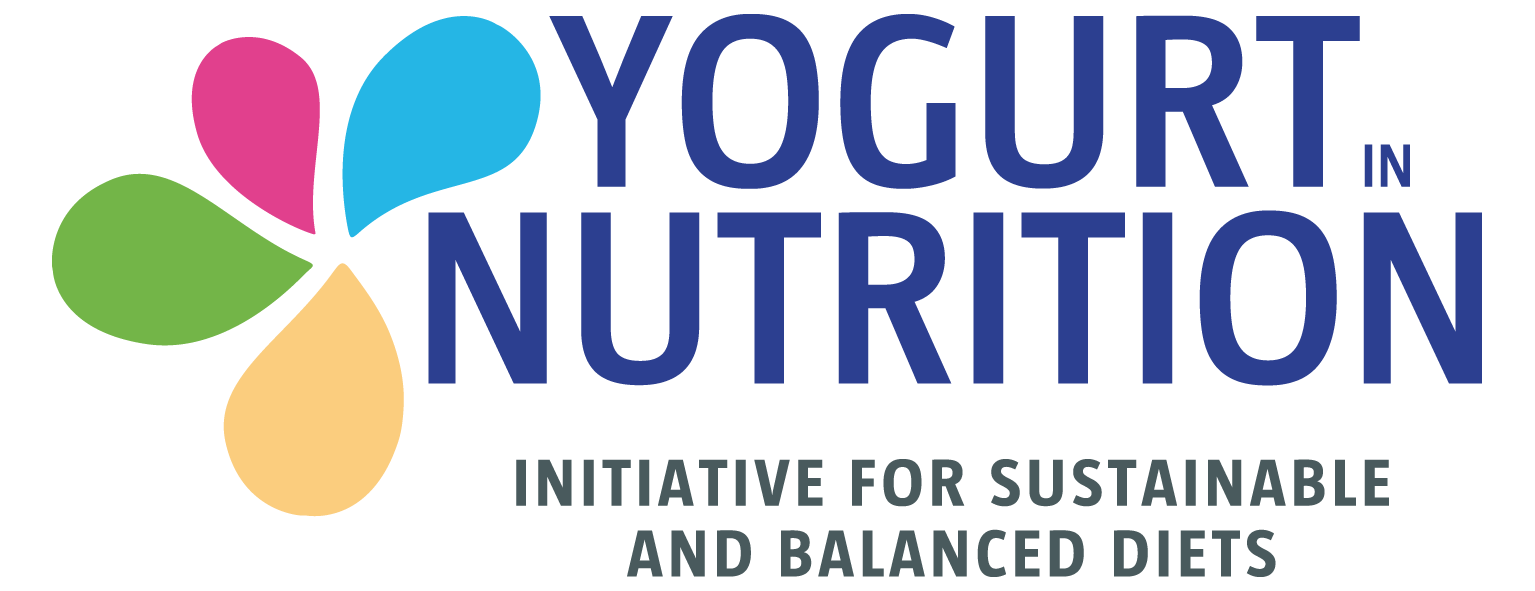20 million births every year are classified as low birth weight
Globally, there are approximately 20 million births every year that are classified as LBW (birth weight of less than 2.5 kg). LBW infants are frequently stunted and if so, the girls have a higher probability of becoming stunted mothers, giving place to a vicious cycle: stunted, undernourished, young mothers have a high risk of delivering LBW infants. Infants of LBW, if also stunted, have great difficulty with catch-up growth and remain small for age. LBW is influenced by a combination of the duration of gestation and intrauterine growth rates.
Whey protein may be a contributing factor to birth weight
Clarck’s review shows a positive association between maternal dairy product intake and birth weight, and suggests particular effects for whey protein. Indeed, 2 studies have reported a positive association between birth weight and maternal consumption of milk and yogurt, but not for cheese. Whey protein, which is particularly abundant in breast milk and more digestible than casein, could be a contributing factor to birth weight.
To learn more, read the original article.
Source : Clarck D C. . Food Nutr Bull March 2016 vol. 37 no. 1 suppl S22 S28. doi:10.1177/0379572116629242





